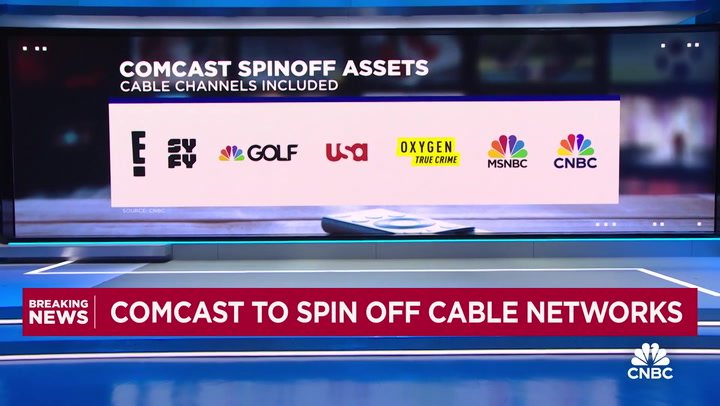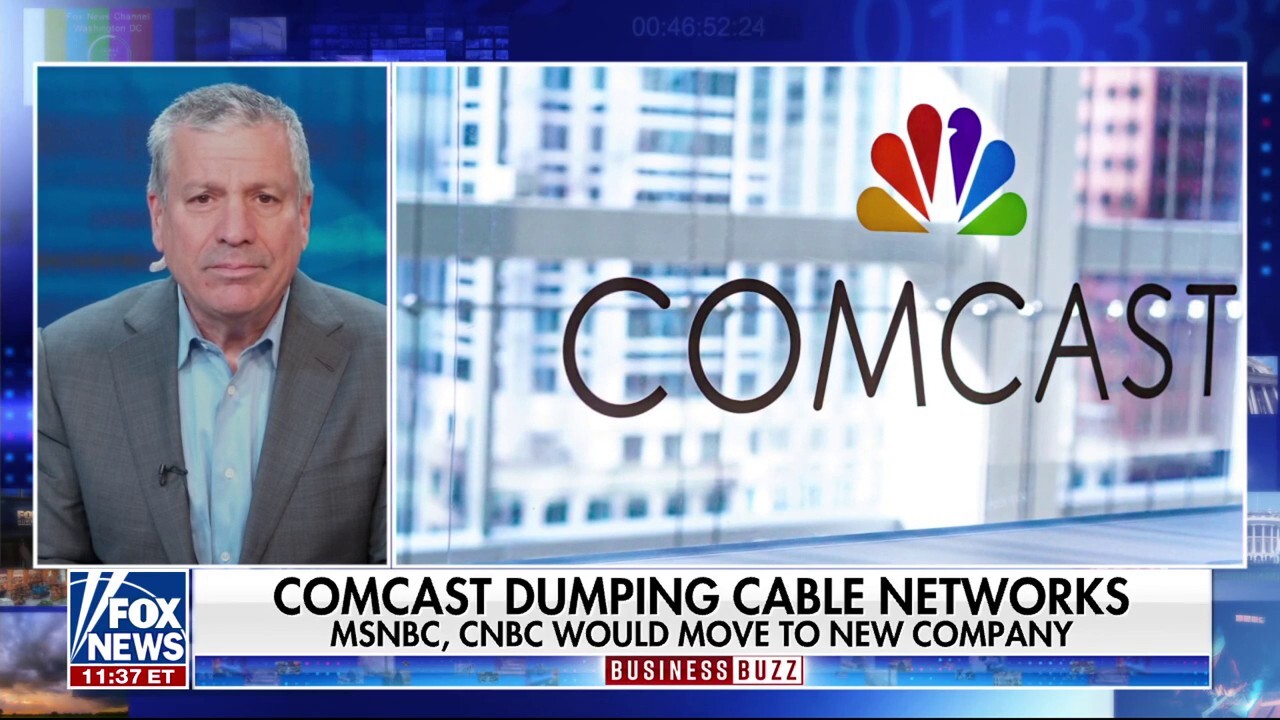It’s the cockeyed optimist in me talking. But what if SpinCo becomes just the R&D effort cable TV needs to find a new future?

In my work as a TV and media critic, I often balance a clear-eyed cynicism with an inexplicable, cockeyed optimism about the future. So bear this in mind when I pose this question:
What if it’s not so bad that Comcast has decided to spin off most of its cable channels into a separate, independent company? (these are ideas I expect to discuss on NPR’s air tomorrow, so you’re getting a bit of a preview while I think out loud, so to speak.)
It’s news that rocked the media world right before they hopped on commuter flights out of town for their holiday week. Comcast will place its $7 billion cable TV channel business – minus the Bravo unscripted empire and plus digital assets like Fandango and Rotten Tomatoes – into a new, independent company with separate leadership.
Now, I admit, the new name – SpinCo — doesn’t sound much like innovative thinking. And it is obvious big media companies like Comcast have been looking for ways to cleave declining businesses like cable TV channels from their core concerns to better maintain that ever-important stock price.
But, what if this isn’t the last gasp of a dying cable industry? What if, instead, it’s a last-ditch attempt to salvage a once-potent area of media that has been allowed to slowly circle the drain?
As my friend Joe Adalian pointed out in a column at Vulture — with the requisite reference to 30 Rock’s Kabletown — cable channels that are part of big media companies have suffered, as their owners shifted resources to serve their streaming businesses. I still remember the announcement, during the pandemic, when Disney declared the company would shift its focus to streaming.
Now, SpinCo can focus its resources on the cable channels in its portfolio, like USA Network, Syfy, E!, The Golf Channel and news outlets like CNBC and MSNBC. And they may have significant resources at hand; Comcast’s release valued all the spunoff channels at $7 billion, while The Wrap reports MSNBC and CNBC alone make $1 billion in profit.
I find it interesting that Mark Lazarus, former Chairman of NBCUniversal Media Group, will serve as CEO of SpinCo and NBCU’s former Chief Financial Officer Anand Kini will serve as both Chief Operating Officer and CFO of SpinCo. That seems to be an effort to signal executives have been placed in charge too ambitious to settle for managing decline.
I have long believed the tech revolution is hollowing out the vast middle of media. Outlets which are very big – Netflix and The New York Times – do well, alongside outlets which are tightly targeted on focused audiences, like podcasters and streamers like The Criterion Channel.
It is the companies in the middle, trying to be multiple things to different audiences, which are faltering. By that logic, it may make sense to herd cable channels into independent companies which can try to get bigger by acquiring more outlets and reinvent themselves to win back cord cutters. Or, at least, slow down their exit.
There’s also the question of what MSNBC and CNBC can become, when disconnected from NBC News. Sure, there may be some journalists tethered to NBC News and Telemundo, like Jose Diaz-Balart, who might leave MSNBC.

But the cable newschannel might also be free – once they’re cut loose from NBC News requirements – to court liberal-leaning viewers more aggressively and become the hub of progressive pushback against Trump and the GOP in the same way Fox News Channel serves as the center of a gigantic web of conservative-oriented media outlets. (I’m less convinced than some others that Elon Musk’s jokes about buying MSNBC are more than bluster, though I guess you never know.)
Comcast’s announcement predicted it would take a year to complete SpinCo’s establishment as a separate company – so we’ll have some time to see if this is about innovation or simply managing the end. And I acknowledge that transforming these cable channels in this environment will be like trying to put a new set of tires on an old Toyota Camry while it’s driving down the highway.
But I also think new media doesn’t kill old media; it just forces it to change. So cable isn’t completely dying – especially not in the next few years – giving SpinCo a little room to build a better future for cable TV than shrinking customer bases and vanishing coverage footprints.